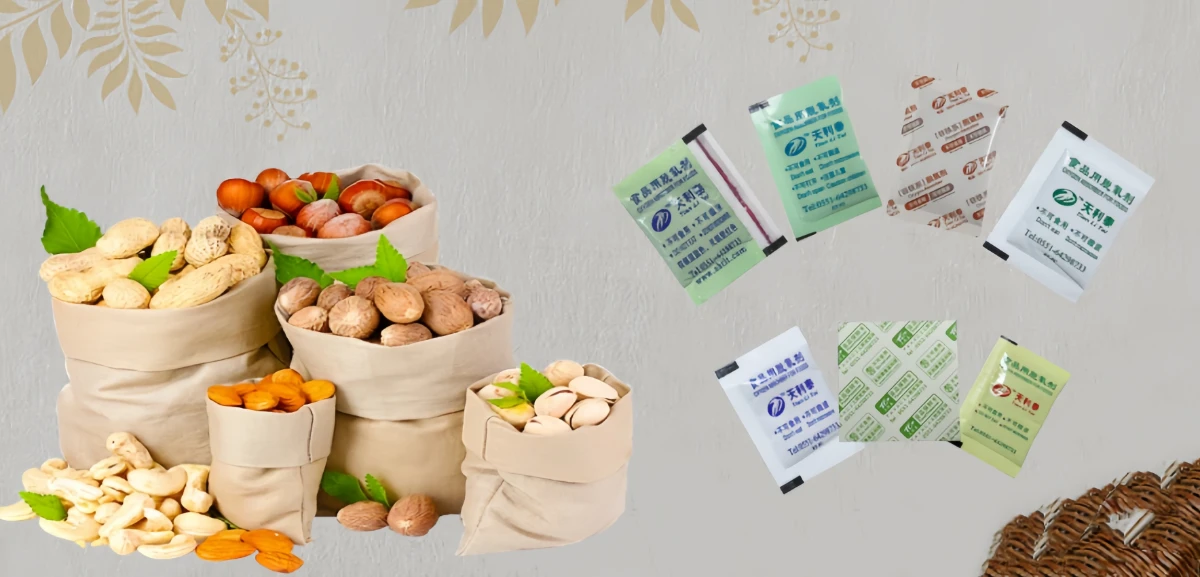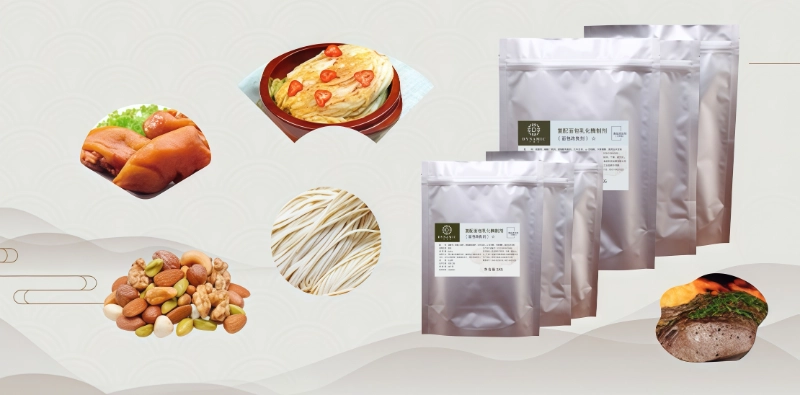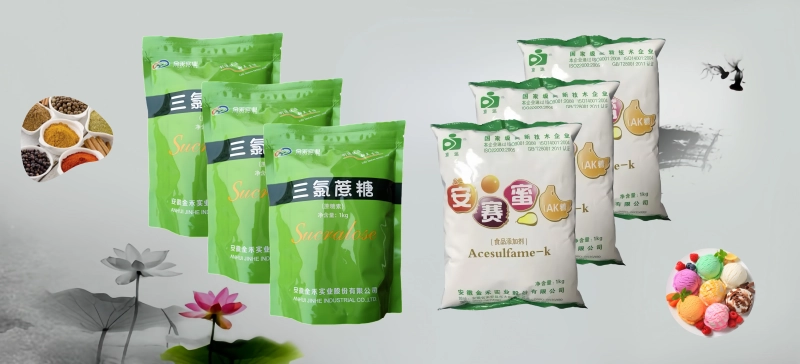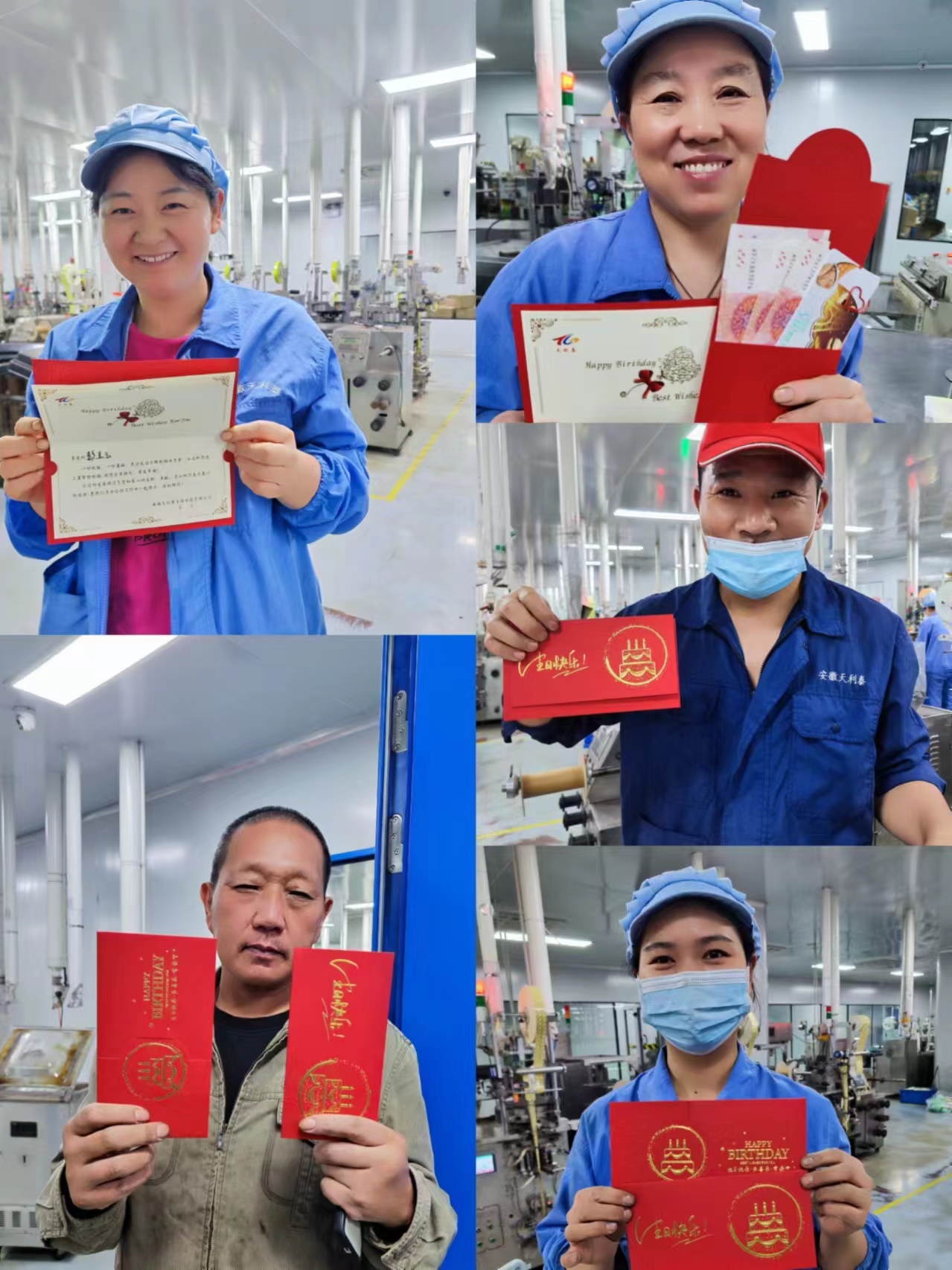All You Need to Know About Food Flavors
Release time: 2025-09-12
Table of Contents
Food flavors, an indispensable ingredient in modern food production, have permeated every corner of our daily life. Whether in beverages, candies, baked goods, dairy products, or snacks, food flavorings add rich aromas and irresistible tastes to products. Today, let’s explore the basics, types, and applications of food flavors to help you make the best choices when selecting flavors for your products.
What are Food Flavors?
Food flavors are additives used to enhance the flavor and aroma of food. They are typically made through chemical synthesis or natural extraction methods, using various raw materials. Food flavors not only enhance the aroma of products but also improve taste and texture, making the food more appealing. Modern food flavors are primarily categorized into water-soluble and oil-soluble types. Depending on their solubility and intended use, they are applied to different types of food processing.

Types of Food Flavors
1. Water Soluble Liquid Food Flavors
Water soluble liquid food flavors are those that can dissolve in water or water-based liquids. They are widely used in food products that require liquid components, such as beverages, juices, yogurt, etc.
Characteristics:
- Easily dissolve, providing uniform aroma distribution;
- Fresh and natural flavors, suitable for fruit, floral, and other flavors;
- Can withstand certain temperatures without easily evaporating.
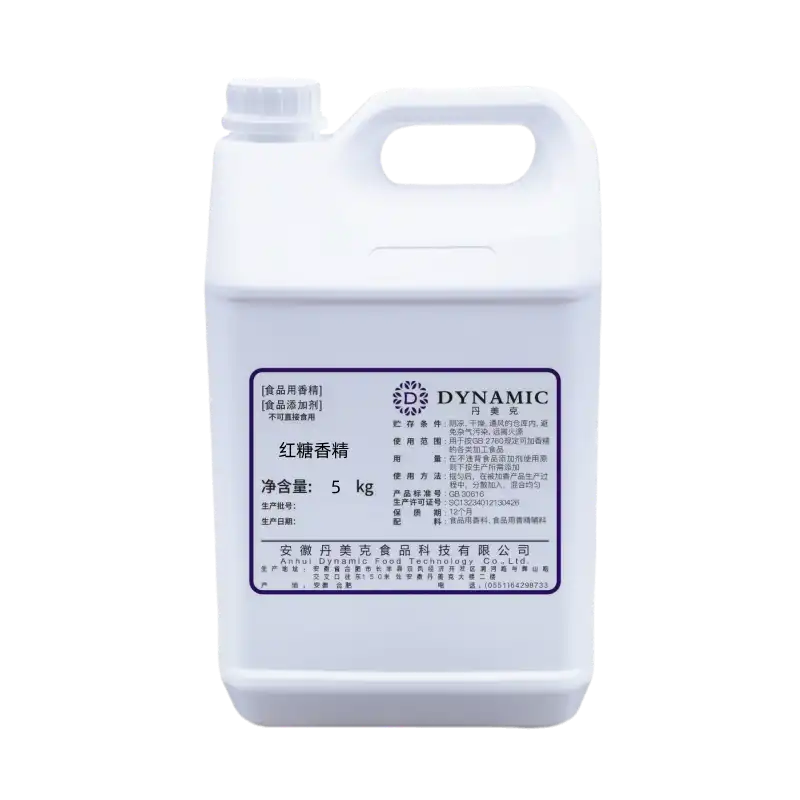
Common Applications:
- Beverages: Fruit-flavored drinks such as orange, strawberry, and apple juices;
- Dairy Products: Yogurt, milk tea, ice cream, etc.;
- Syrups and Candies: Enhance the flavor of syrups, candies, and chewing gum.
2. Oil Soluble Liquid Food Flavors
Oil soluble liquid food flavors are those that can dissolve in oils or fat-soluble solvents. They are typically used in products such as fried foods, chocolates, and baked goods.
Characteristics:
- Rich and long-lasting aroma;
- More stable at high temperatures during food processing;
- Easily blend with oily foods, enhancing the overall flavor.
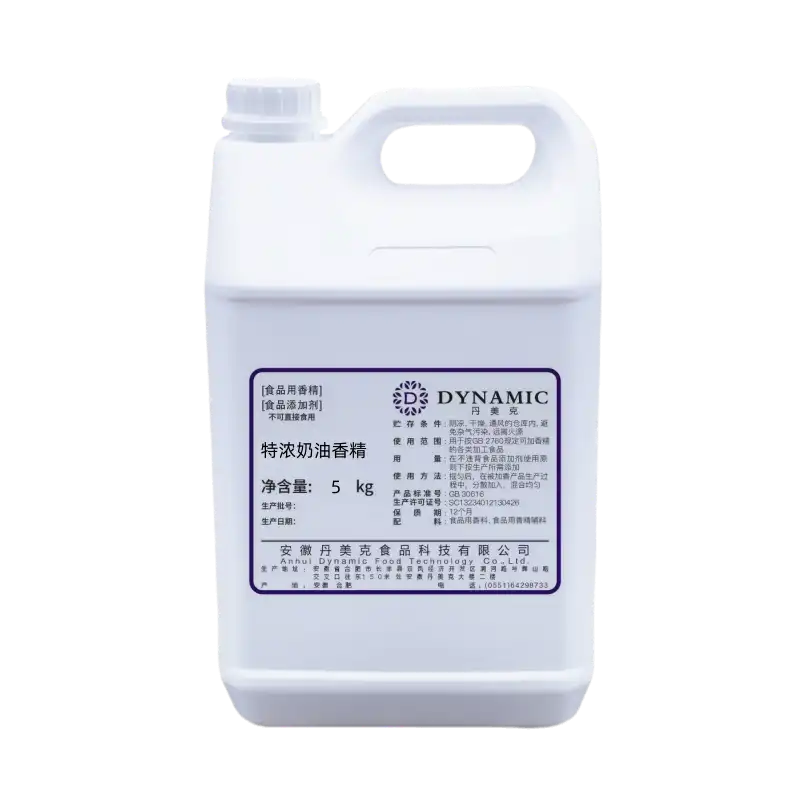
Common Applications:
- Baked Goods: Such as bread, cakes, cookies, etc.;
- Candies and Chocolates: Provide rich flavors to chocolate and confectionery products;
- Fried Foods: Such as French fries, fried chicken, etc., maintaining aroma and flavor.
Benefits of Food Flavors
The use of food flavors offers numerous advantages, particularly in the modern food industry, where their importance is increasingly evident.
Enhance Flavor
Flavors impart a unique aroma and taste to foods, making them more appealing and attractive to consumers.
Improve Taste
Flavors can mask undesirable odors in raw ingredients, resulting in better-tasting products.
Ensure Consistency
Using flavors helps ensure that each batch of a product has a consistent aroma and flavor, improving product stability and quality.
Extend Shelf Life
Some flavors can also help reduce oxidation, thereby extending the shelf life of food products.
Applications of Food Flavors
Food flavors are widely applied across various food categories. Here are some common application areas:
- Beverage Industry: Used in fruit juices, carbonated drinks, and tea beverages;
- Dairy Industry: Yogurt, milk tea, ice cream, etc.;
- Baked Goods: Cakes, bread, cookies, etc.;
- Confectionery and Chocolates: Enhancing flavor and aroma in sweets and chocolates;
- Snacks: Including chips, nuts, and other fried foods.
The Importance of Choosing High-Quality Food Flavors
As a food producer or supplier, selecting high-quality food flavors is critical. Here are a few tips for making the best purchase decisions:
- Compliance and Safety: Ensure the chosen flavors meet food safety standards and are free from harmful substances.
- Reputable Suppliers: Choose suppliers with a good reputation and extensive experience to ensure the quality and consistent supply of flavors.
- Custom Solutions: Select the right type of flavoring (e.g., water-soluble or oil-soluble) based on your specific product needs to achieve the best flavor results.
- Cost-Effectiveness: Choose the right flavoring types and quantities to balance cost control without compromising product quality.
Conclusion
Food flavors play a crucial role in modern food production by enhancing the flavor profile of various products. They not only make our daily meals more delicious but also significantly boost the competitiveness of food products in the market. Whether water-soluble or oil-soluble, each type of flavoring offers its own advantages and applications. As a supplier, Tianlitai are committed to providing you with the highest quality food flavors to help you create tastier and more enticing food products.
Contact Tianlitai for more product information!

